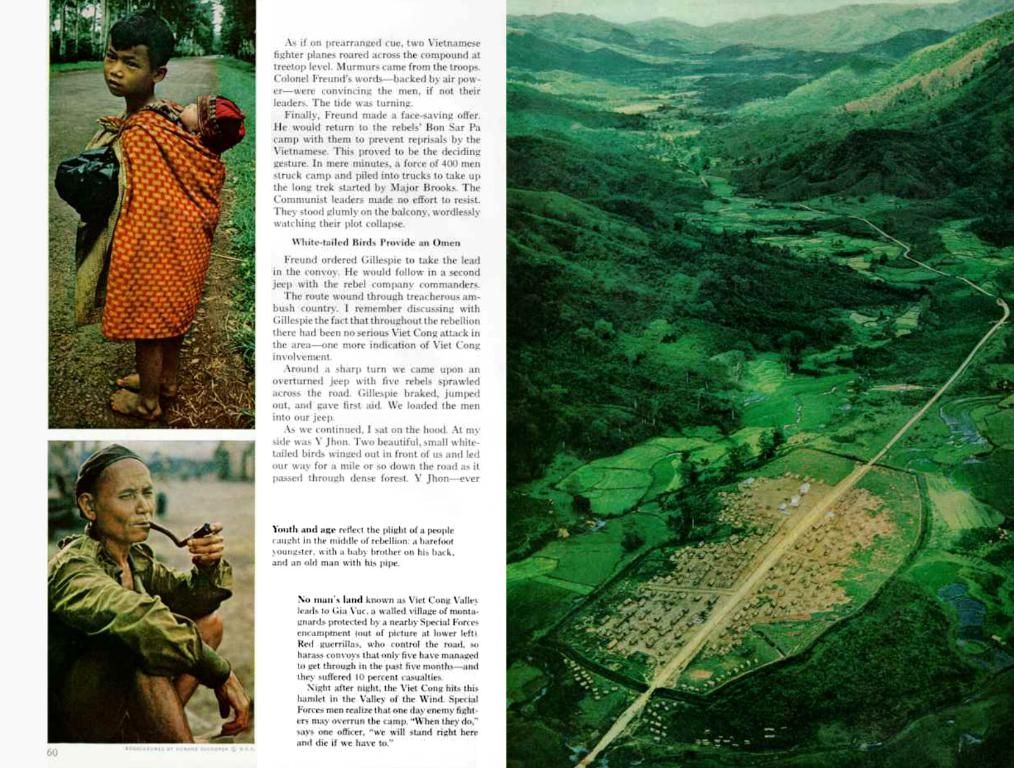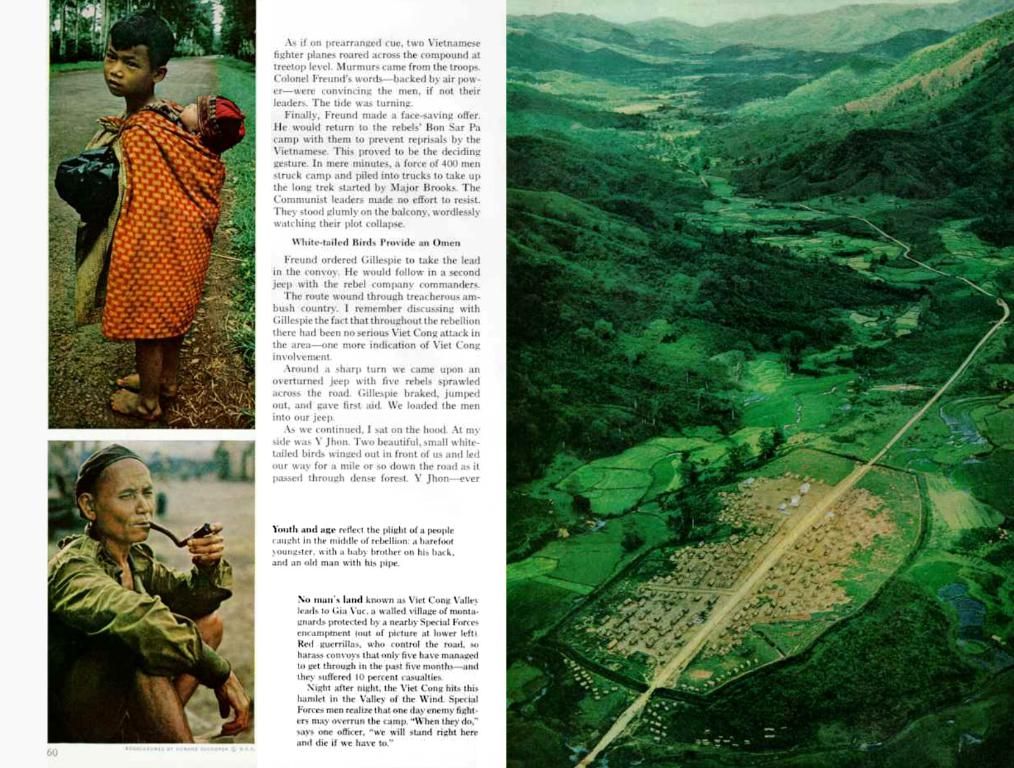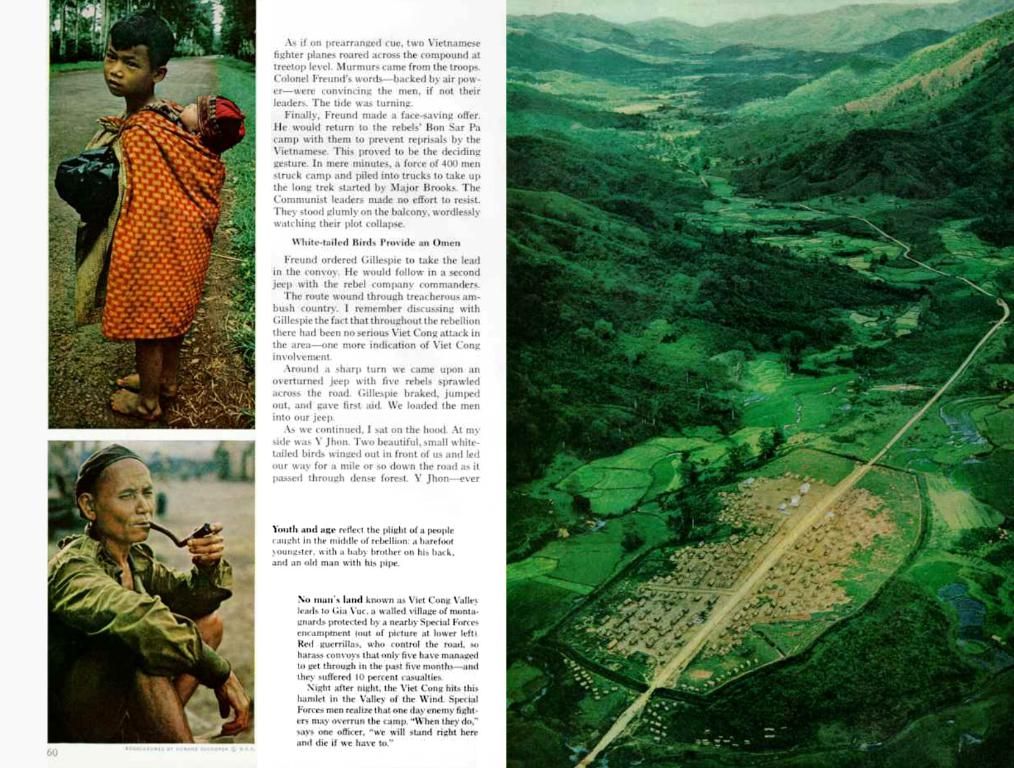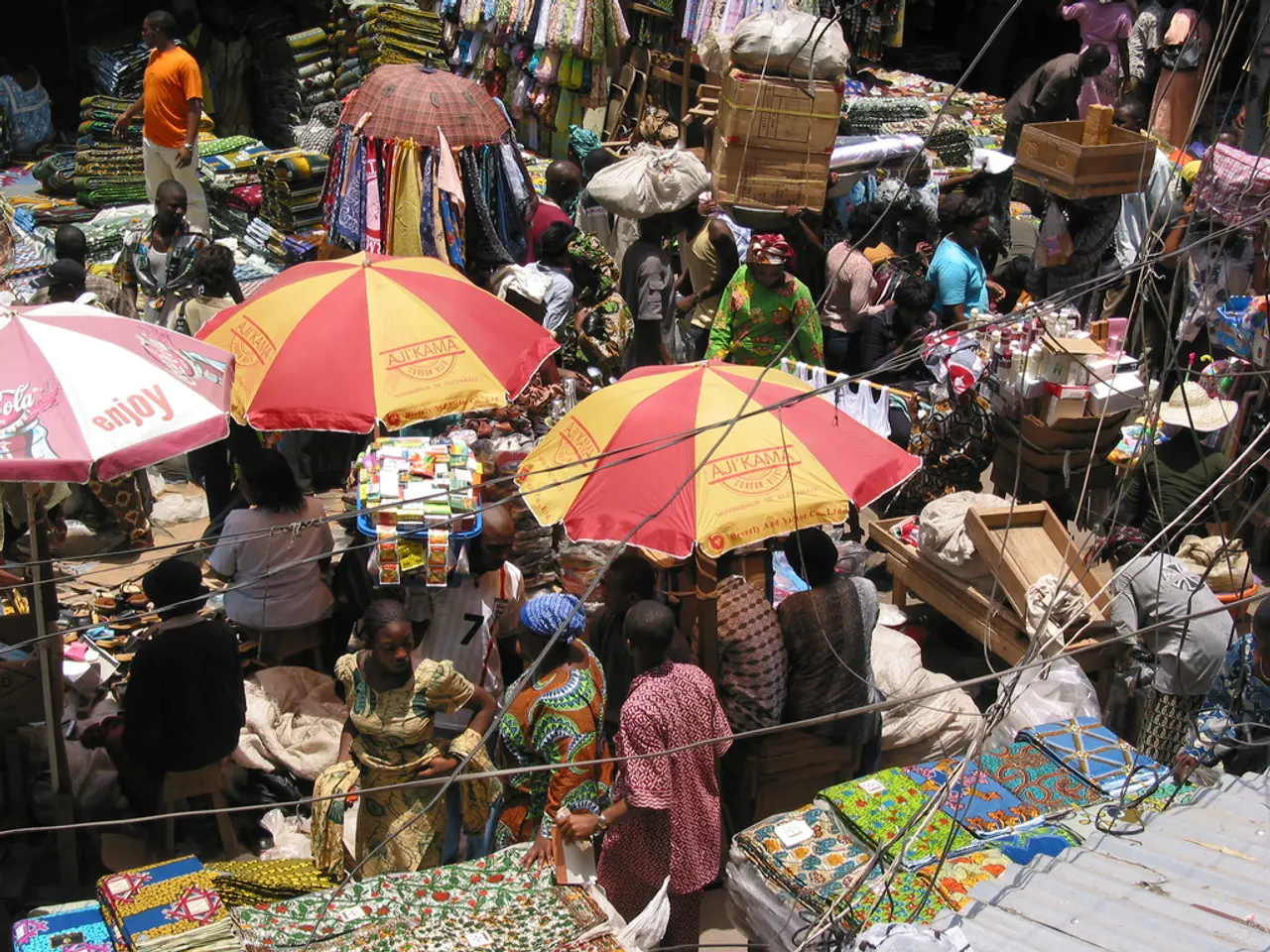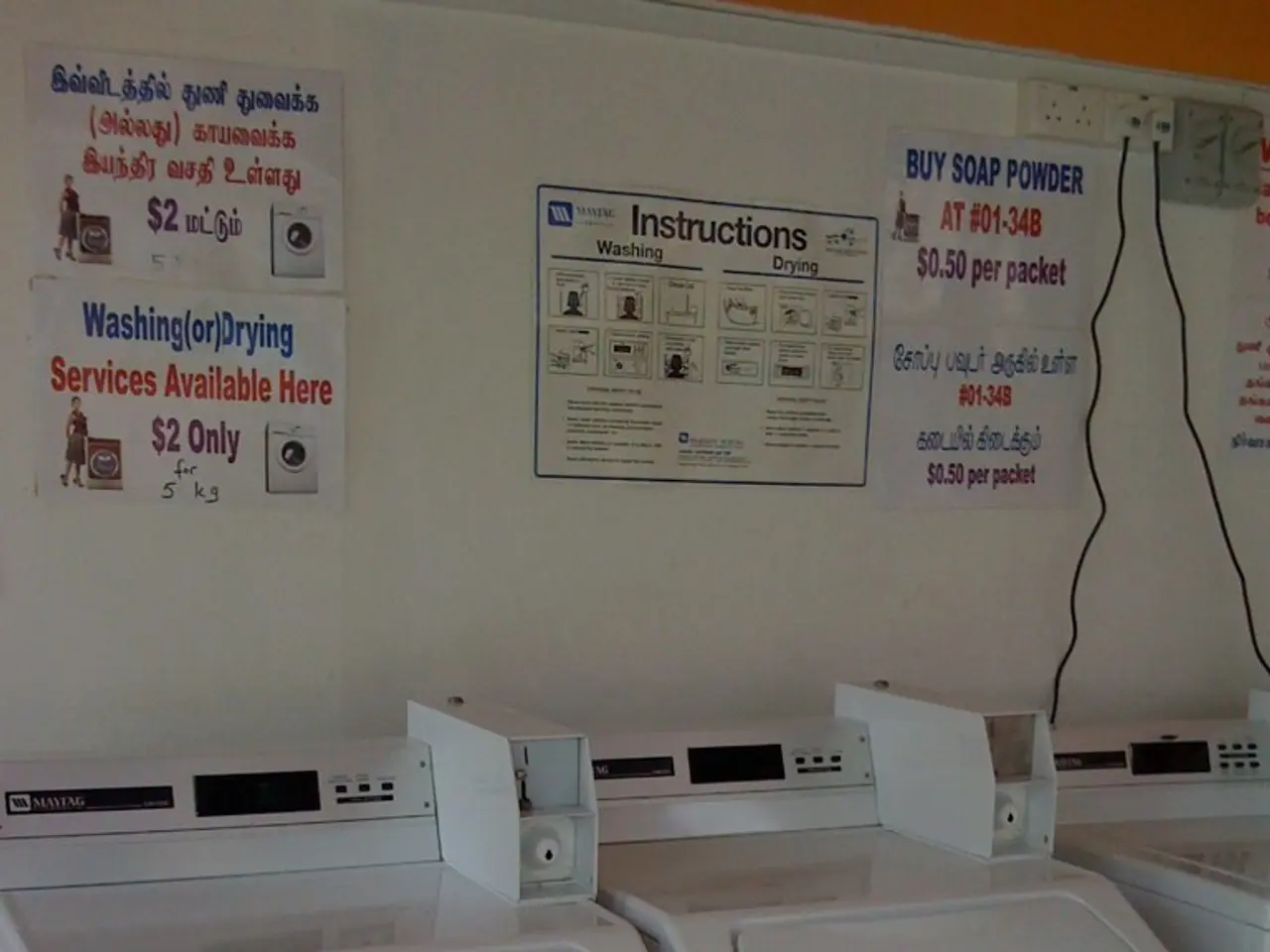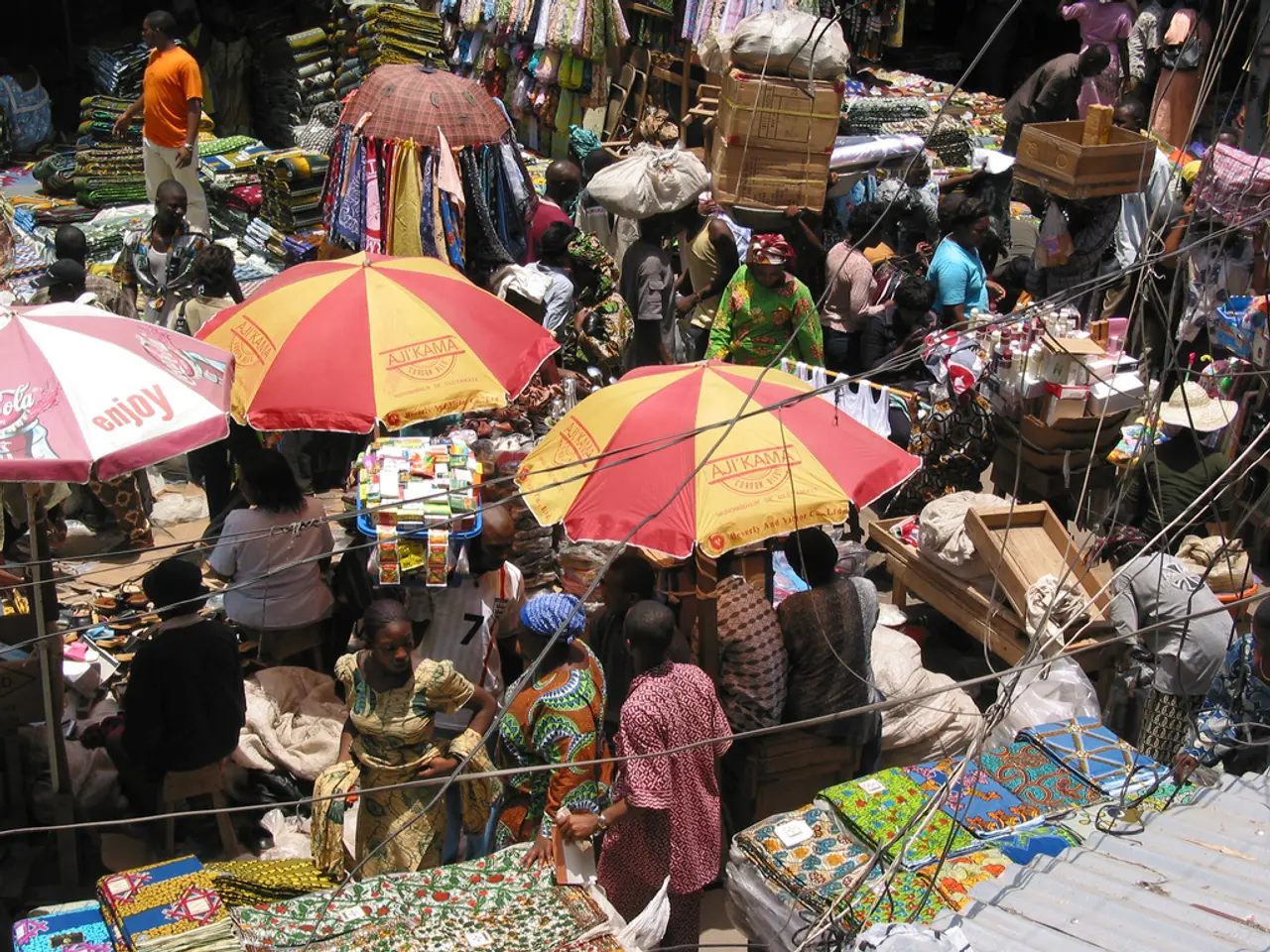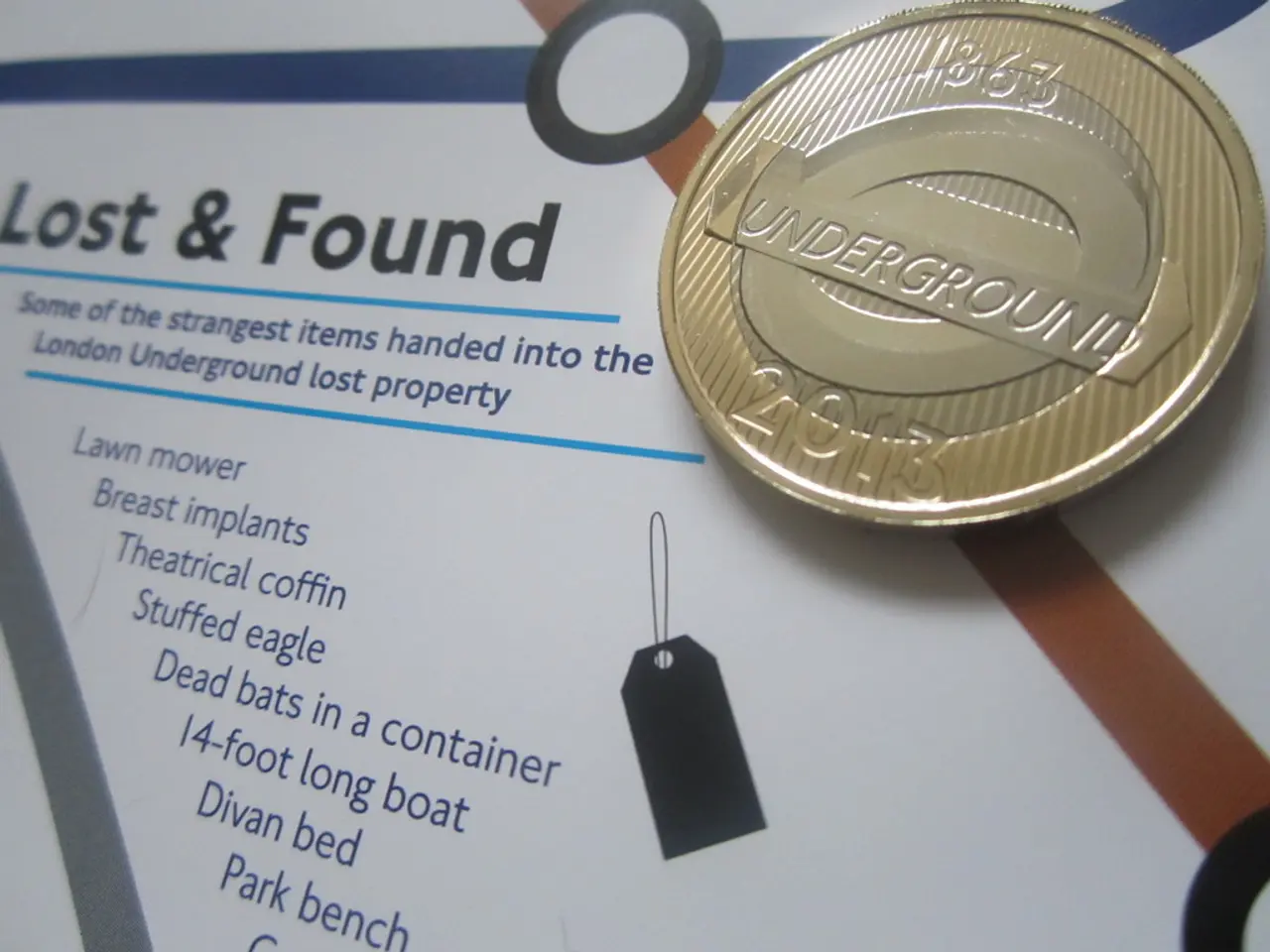"Karabayev responds to accusations of aiding transit smugglers"
Minister of Transport Addresses Allegations of Favoring Foreign Companies over domestic Carriers
During a Senate session, Pavel Telytsin, the head of the National Association of Kazakhstan Carriers, voiced his concerns about a ministry order regarding foreign permit blanks for transportation, implemented last summer. Telytsin accused the ministry of prioritizing foreign companies' interests over domestic ones.
Telytsin claimed that the number of foreign permit blanks issued to Kazakhstani carriers by Chinese entities in 2024 approached 250,000, equating to 250,000 trips. Given an average round trip cost of approximately $16,000, this translates to $4 billion in potential revenue that could have contributed to Kazakhstan's economic development. Instead, Telytsin noted that most of this money was likely flowing out of the country, accumulated by "relo-cants" who had established companies in Kazakhstan without investing locally, only to engage in transit transportation and transfer funds abroad.
Responding to these accusations, Minister Marat Karabayev highlighted that the order was preceded by public hearings, at which all interested parties could participate. However, the order reportedly sparked protests from two categories of carriers; those who previously held a monopoly position, and those involved in the resale of blanks.
Karabayev clarified that the new order eliminated the monopoly position, while the resale of blanks was addressed by requiring companies to submit their commodity nomenclature history for the past six months. As a result, the number of automotive transport vehicles eligible for foreign permit blanks decreased from 90,000 to 33,000. This change effectively cut off the transportation opportunity for around 57,000 vehicles that were not engaged in actual transportation.
The minister added that the foreign permit blank was formerly issued without any restrictions, making it susceptible to resale. However, the current version bears the company name and vehicle number, which prevents its resale. Furthermore, the validity period of the blank has been reduced to 30 days, reducing opportunities for price manipulation on the black market. Consequently, the cost of transporting to Europe has dropped from 12-14 thousand to 7-9 thousand dollars.
Despite the reduction in the number of foreign companies registered in Kazakhstan from 63 to 57, they remain significant entities as they employ Kazakhs and are based in the republic. Altai Ali, head of the committee for automobile transport and transport control, pointed out that these companies, collectively known as domestic firms with foreign investment, contribute substantially more in taxes compared to domestic carriers.
Enrichment data suggests that the new policy supports the domestic transportation sector by ensuring Kazakh carriers can operate internationally without additional restrictions, potentially boosting their competitiveness against foreign companies. This may facilitate a more competitive environment for foreign companies operating in Kazakhstan.
- The allegation made by Pavel Telytsin, the head of the National Association of Kazakhstan Carriers, about the ministry's order favoring foreign companies over domestic ones, has raised concerns within the general-news industry and business circles, as it involves significant financial implications due to the revenue loss in the transportation industry.
- As the Minister Marat Karabayev defended the ministry's order, the issue of foreign companies' involvement in Kazakhstan's transportation industry has also attracted attention in the realm of politics, as it touches upon matters of local investment, employment, and tax contributions.
- With the new policy aimed at ensuring fair competition in the transportation industry, finance analysts are closely watching the developments to see if the competitive landscape between domestic and foreign companies will alter, which could potentially impact the financial sector and the overall growth of the Kazakh economy.


